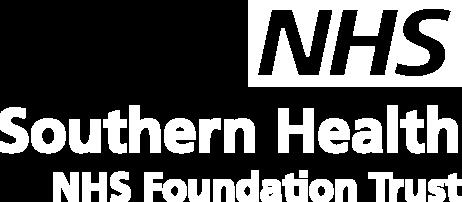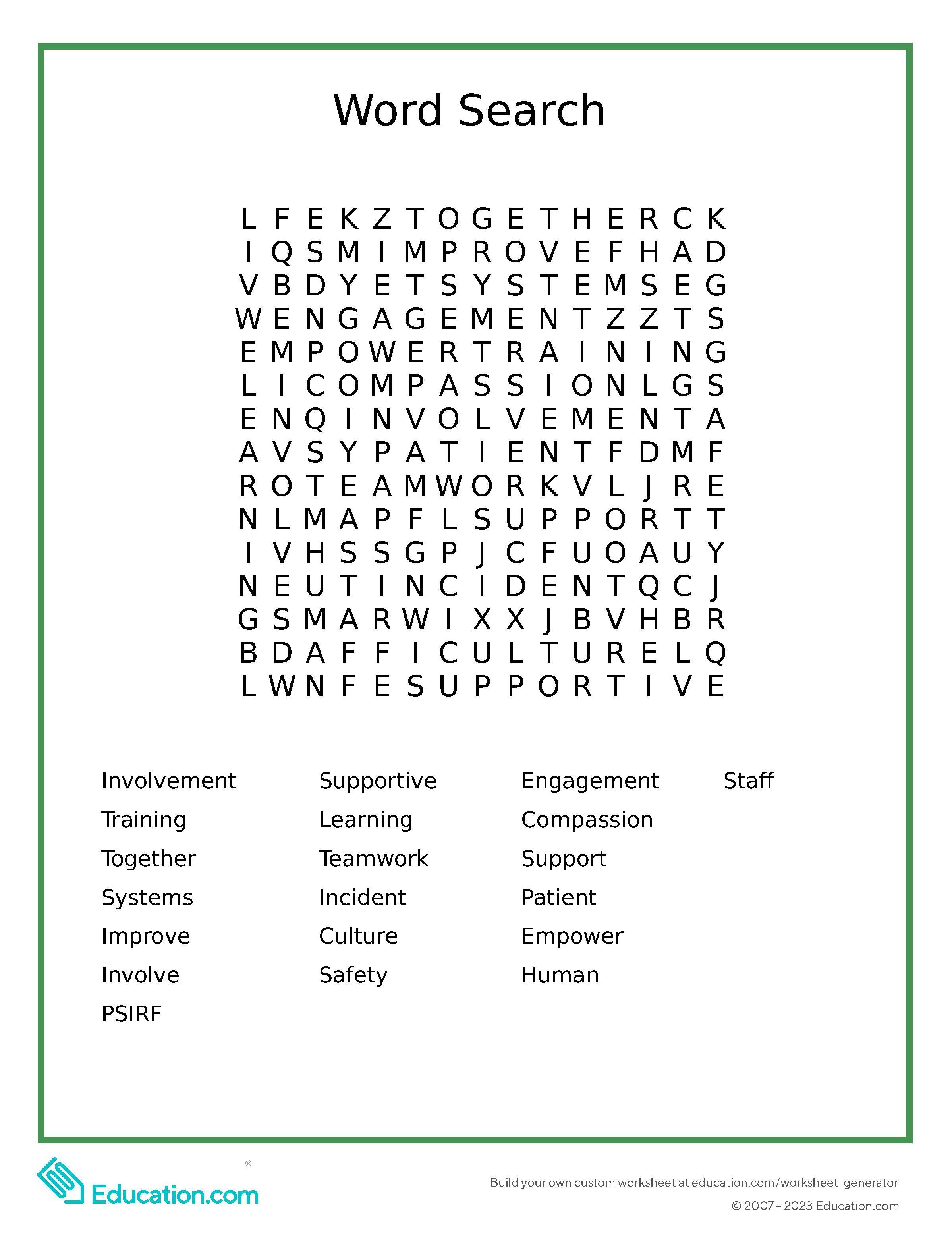Patient Safety Incident Response Framework (PSIRF)


Staff handbook

Key contacts
Liz Hall
Head of Patient Safety and Patient Safety Specialist
Email: Liz.hall@southernhealth.nhs.uk
Adam Osborne
Patient Safety Investigation Lead
Email: Adam.Osborne@southernhealth.nhs.uk
Magda Wroblewska-Trojanowicz
Family Liaison Officer
Email: magda.wroblewska-trojanowicz@southernhealth.nhs.uk
Georgia Walker
Quality and Patient Safety Project Manager
Email: georgia.walker@southernhealth.nhs.uk
Beth Ford
Patient Safety Partner Lead
Email: Beth.ford@southernhealth.nhs.uk
Patient Safety Team
Email: Patientsafetyteam@southernhealth.nhs.uk
Patient Safety Partners
Email: Patientsafetypartners@southernhealth.nhs.uk
What is PSIRF
NHS England has published the new Patient Safety Incident Response Framework (PSIRF) outlining how NHS organisations should respond to patient safety incidents for the purpose of learning and improvement
The framework will replace the current Serious Incident Response Framework by Autumn 2023, and represents a significant shift in the way the NHS responds to patient safety incidents, centring on compassion and involving those affected; system based approaches to learning and improvement; considered and proportionate responses; and supportive oversight.
PSIRF is a major step towards improving safety management across the healthcare system in England and will greatly support the NHS to embed the key principles of a patient safety culture. It will ensure the NHS focuses on understanding how incidents happen, rather than apportioning blame on individuals; allowing for more effective learning and improvement, and ultimately making NHS care safer for patients.
PSIRF removes the requirement that all/only incidents meeting the criteria of a ‘serious incident’ are investigated. It allows for other incidents to be reviewed and for a learning response to focus on areas with the greatest potential for patient safety improvement.
Continuing to learn and evolve over future years
What does PSIRF hope to achieve?
Improved experience for those affected:
Expectations are clearly set for informing, involving, and supporting those affected by patient safety incidents, particularly patients, families and staff.
Aligned with ongoing research around improving patient and family involvement

Better range of methods for learning:
Promotes a range of methods for responding to and learning from patient safety incidents

Moves away from Root Cause Analysis (RCA) , towards a system-based approach to learning.
Timelines are more flexible and set in consultation with the patient and/or family.
Quality of response and resulting improvement work is the priority
More proportionate and effective response:
Changes blunt rules to determine what to learn from and what not to learn from.

Resource planning based on thorough understanding of patient safety incident profiles and ongoing improvement activity. Supports organisations to be more proportionate, sensitive and considered in their approach.
Strengthened governance and oversight:
Regulators and bodies like Integrated Care Board (ICB) and Commissioners will consider the strength and effectiveness of organisations’ incident response processes. Makes leaders of organisations providing healthcare accountable for how their organisation responds and improves following patient safety incidents

Just and learning culture behaviours
A just and learning culture underpins the PSIRF. It recognises that we work in a highly complex environment where things do not always go to plan

It allows us to learn using a fair, compassionate and accountable approach that assumes good intention and understands the impact of the system and why decisions made sense at the time. It allows staff to speak up and it asks “what happened and how do we learn?”
Focusing on the “what” and not the “who” enables us to draw out the good practice within incidents in order to learn from positive events as well as learning from when things go wrong.
A variety of learning response tools will be used to draw out learning and encourage a culture of continuous improvement.
Investigation approach
Quality is the priority, selection of incidents based on potential for new learning and complexity of the system
Systems based Patient Safety Incident Investigation (PSII)
Timeframe
Flexible and set in consultation with the patient and/or family
Investigator expertise, experience, time and authority:
Must be led by those trained in PSII with authority to act autonomously with dedicated time and resource
How is PSIRF different?
What does it mean for me?
You will be fully supported during an incident
You will notice that the focus of incidents will change from errors to an opportunity for learning and development.
You will be given the full opportunity to be involved in the review of the incident
You will be fully able to focus on the human factors of an incident
You will be able to work with others across the trust to identify system learning
You will be empowered to showcase learning from incidents
You will be able to choose to get involved with Patient Safety Initiatives

You will be able to mentor colleagues to increase learning
What do I need to do?
You will need to complete the level 1 of the patient safety syllabus via LEaD - Level 1 eLfH-2119
You will need to complete the level 2 of the patient safety syllabus via LEaD - System thinking and risk: eLfH-2121 and Human Factors and safety culture: eLfH-2122
You will be encouraged to role model a just and learning culture
You will be offered training from the patient safety team on conducting learning responses where needed
You will be supported and encouraged to speak up about patient safety concerns
Four key aims of PSIRF
Application of a range of system-based approaches to learning from patient safety incidents
Considered and proportionate responses to patient safety incidents
Compassionate engagement and involvement of those affected by patient safety incidents
Supportive oversight focused on strengthening response system functioning and improvement
Find out more at: Our Staff Portal
www.england.nhs.uk/patient-safety/incident-response-framework
Project Phases
Governance and quality monitoring
We are beginning to define the governance structures and the new way of working within PSIRF in collaboration with the ICB.
Patient safety incident response planning Transition
We are understanding our patient safety incident profile, improvement profile and available resources This information will be utilised to populate the PSIRF plan and policy
Curation and agreement of the policy and plan
Drafting and agreeing the PSIRF policy and plan based on the findings from work undertaken in preceding phases
We will transition in October 2023 and will continue to adapt and learn as the designed systems and processes are put in place.
Word Search Fun

CentralInvestigationTeam@southernhealth
Family Liaison Service
familyliaison@southernhealth.nhs.uk
Patient Safety Clinical Leads

Portsmouth & South East
Jocelyn Franey jocelyn.franey@southernhealth.nhs.uk
Southampton
South West
Helen Spencer (nee Griffiths) helen.griffiths@southernhealth.nhs.uk
Mid & North
Francesca Savidge francesca.savidge@southernhealth.nhs.uk
Specialist (CAMHS & Children's)
Sophie McFarlane sophie mcfarlane@southernhealth nhs uk
Specialist (Adults Forensic & Learning Disabilities) –
Michelle Watson Michelle.Watson@southernhealth.nhs.uk Ulysses
ulysses@southernhealth nhs uk
Central Investigation Team
nhs uk
Team
Freedom to Speak Up Guardians Email - f2sug@southernhealth.nhs.uk Call - 03001211878 Adults and Children's Safeguarding Children's safeguardingchildren@southernhealth.nhs.uk 023 9237 2780 Adults adultsafeguarding@southernhealth.nhs.uk 0300 003 0349 Critical Incident Stress Management (CISM) CISM@southernhealth.nhs.uk 07899 878542










